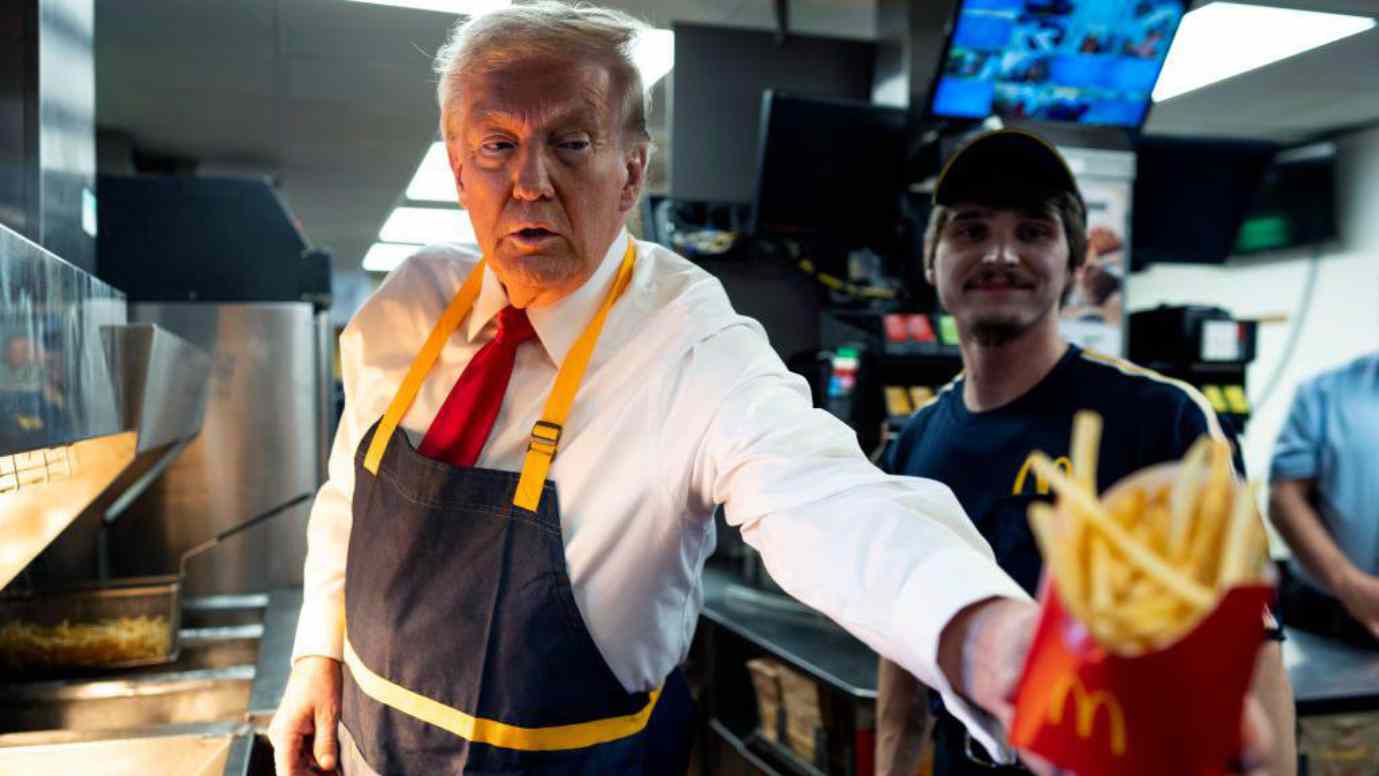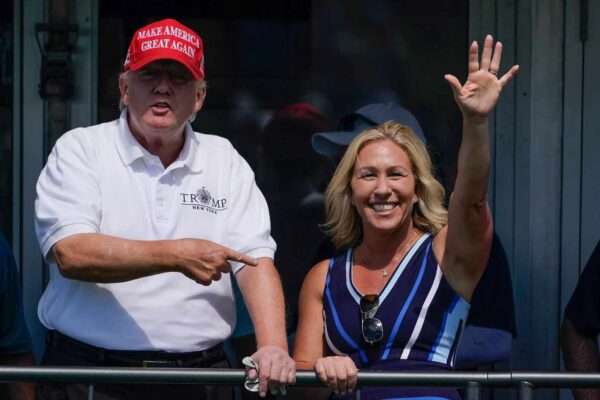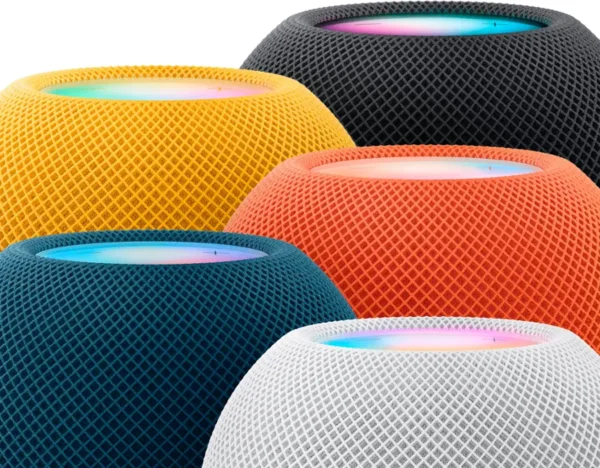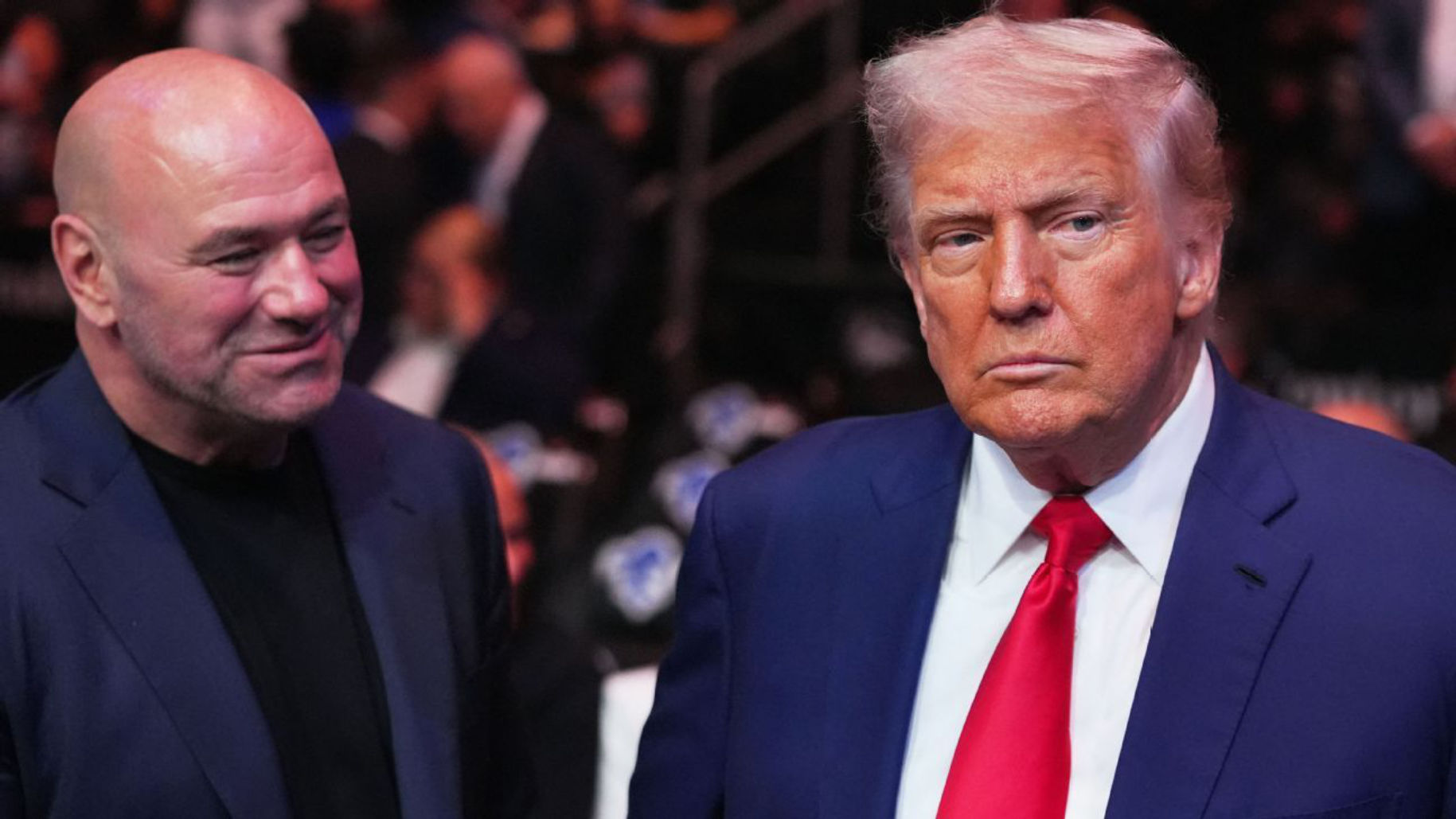NEED TO KNOW
- Foreign consumers ditch U.S. brands after Trump’s tariffs fuel anti-American backlash.
- Levi’s, Coke, McDonald’s and Jack Daniel’s singled out as casualties.
- Europe celebrates discovery of jeans that actually fit normal humans.
Global shoppers have declared open season on American brands after President Donald Trump’s tariff policies inspired a wave of anti-American sentiment. From denim to whiskey, the world is finally realizing that it doesn’t need U.S. logos to survive.
Executives at McDonald’s, Levi’s, and Jack Daniel’s warned investors this week that consumer boycotts abroad were no longer just hashtags but measurable drops in sales. In Canada, McDonald’s once-proud Big Mac now doubles as a symbol of U.S. economic bullying. Meanwhile, Europe has stumbled into a revelation: local jeans don’t make you look like a confused rodeo clown.
Marketing analysts said the shift was predictable. When foreign shoppers hear “Buy American,” they now think, “Pay more for worse quality and an unsolicited Trump speech.” Sales of whiskey have cratered in Canada, and denim shops in Paris report smug shoppers bragging that their new pants are “Levi’s, but without the sadness.”
Tariffs and Tired Brands
Economists point out that Trump’s tariffs have functioned like an international ad campaign against American companies. Beyond Meat admitted that even vegetarians overseas are skipping its patties out of spite. Levi’s, meanwhile, filed reports warning that “growing opposition to Americanness” could put their classic denim at risk, though it’s unclear if they meant geopolitics or the unfortunate rise of cargo shorts.
Trump has shrugged off the warnings, telling reporters, “Everybody loves America, everybody. We’re selling jeans, fries, Coke, and more. No country has better ketchup.” Experts, however, say that ketchup is not an industry and may not rescue the U.S. economy.
A New Era of Global Branding
Foreign consumers aren’t just boycotting. They’re rediscovering alternatives. Shoppers in India are turning to local clothing labels, while Canadian bars are replacing Jack Daniel’s with maple whiskey that tastes like regret but is at least patriotic. European soda companies have rushed to capitalize, boasting that their fizzy drinks “never supported Mar-a-Lago.”
Market researchers predict that if the trend continues, the American identity may go from aspirational to avoidable in record time. U.S. brands that spent decades selling Americana now face a new question: what happens when the world figures out jeans and cola existed before Trump?
Turns out anti-American sentiment is the best diet plan McDonald’s ever had
Jill Klein, Melbourne Business School















